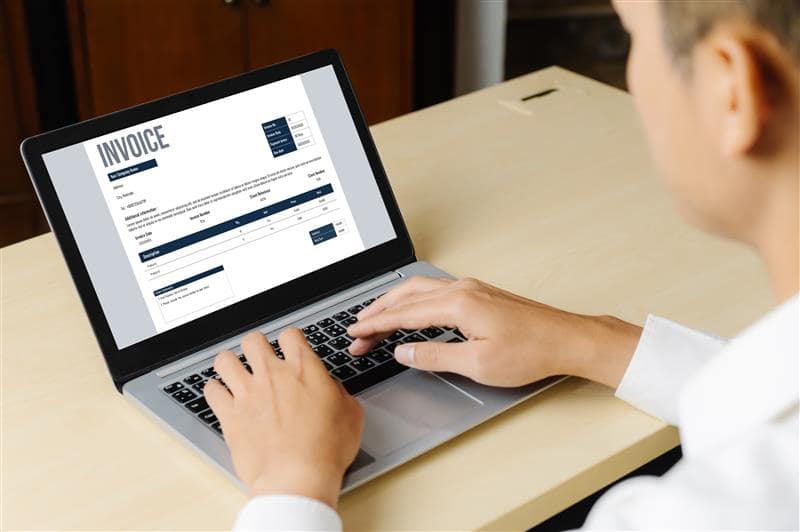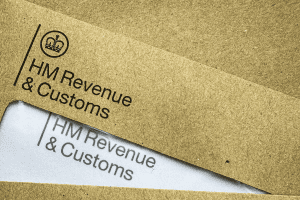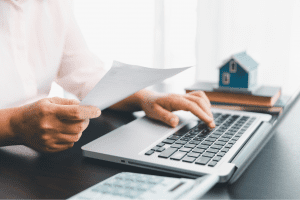If your business frequently works with suppliers, you may have heard the term self-billing. Self-billing can be an effective way to reduce the hassle and time spent on transferring invoices back and forth. Read on to learn more about what self-billing is, how to self-bill, and some things to consider when entering your agreement.
What is self-billing?
Self-billing refers to an agreement between your business and your supplier. It allows you to prepare your invoice from your supplier and pay it directly. Instead of your supplier sending the invoice to your business, you can save time and prepare it yourself. After creating the invoice, you can then just send a copy of the invoice alongside the payment to the supplier.
How to start self-billing
The most important part is making sure that your business and the supplier agree on the details of the arrangement.
You must have an individual agreement with each supplier. Once you have entered the agreement, only you the client can issue invoices to avoid multiple invoices being issued for one product or service.
You do not need to inform HMRC or get approval to self-bill. However, you and your supplier must both sign a legal agreement.
This agreement must include:
- A statement from the supplier that says they agree to allow you to issue invoices on their behalf and that they will not issue VAT invoices
- A statement from the supplier that they will inform the client if their VAT registration changes (as this will require a new agreement)
- Details of any third-party if the self-billing is being outsourced
- When the self-billing agreement expires (normally after 12 months)
Once this agreement is signed, you can begin to issue invoices. Your invoice must include:
- The name, address, and VAT registration number of each supplier
- A statement saying ‘The VAT shown is your output tax due to HMRC’
Things to consider
- Your invoices should contain the correct information, otherwise, it won’t be valid for VAT regulation purposes
- Make sure you keep detailed records of the agreements you’ve made with individual suppliers, and if a HMRC officer wants to see them you must provide them
- If your supplier isn’t VAT registered, you cannot add VAT to the invoice, regardless of whether your business is VAT registered
- You can self-bill to businesses in other countries but make sure you abide by any additional conditions in other countries
- Regularly review agreements while self-billing to make sure you and the supplier are well-informed
Learn more about how J Sweeney Accountants can help you with your bookkeeping needs.




